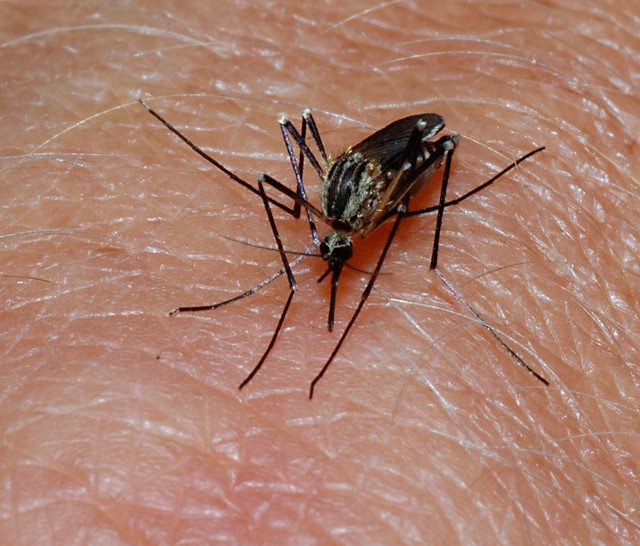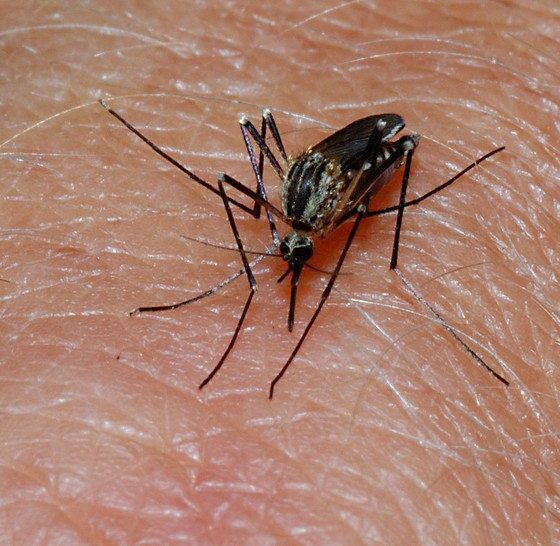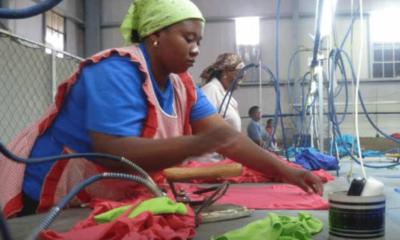

News
Key scientists call for ‘radical action’ on drug resistant malaria
A new strain of malaria, resistant to drug treatments, has already spread through south-east Asia and has now reached the Cambodia-Thailand border, causing panic at the potential of an international epidemic.
In a study published in The New England Journal of Medicine, scientists have called for “radical action” in the prevention of the pathogens, which could undermine previous work done to control the disease.
The study analysed blood samples from more than 1,000 malaria patients, from 10 countries, across Asia and Africa – where the disease has been most prevalent.
Fortunately, no evidence of the drug resistant disease was found in three key African sites – Kenya, Nigeria and the Democratic Republic of Congo. Malaria has primarily caused the deaths of African children – prompting renewed fears of its return.
However, Cambodia, Thailand, Vietnam, and eastern Burma are under increased observation, as cases with this type of malaria has been discovered there before – with recent signs already showing the resistant strain is remerging in central Burma, southern Laos and north-eastern Cambodia.
Lead scientist Prof Nicholas White, of the University of Oxford, said, “Resistance is now present over much of South East Asia, and it’s worse than we expected.
“We have to act quickly if we are going to do anything. We will need to take more radical action and make this a global public health priority, without delay.”
Hope is emerging in the form of a new drug that may counter the resistant strain, but is still being developed.
Meanwhile, the UK foreign secretary has announced the UK is preparing plans to prevent the outbreak of Ebola, which is prevalent in West Africa, from reaching British shores.
Photo source: dr_relling via Flickr
Further Reading:
West Africa in Ebola epidemic – fuelled by fear and mistrust
Climate change a ‘catalyst for conflict’
Mass migration and social unrest: why the west should care about climate change
Climate instability ‘will bring more Lampedusas’, UN warns
PM: new generation of antibiotics needed to avoid ‘unthinkable scenario’


 Environment12 months ago
Environment12 months agoAre Polymer Banknotes: an Eco-Friendly Trend or a Groundswell?

 Features11 months ago
Features11 months agoEco-Friendly Cryptocurrencies: Sustainable Investment Choices

 Features12 months ago
Features12 months agoEco-Friendly Crypto Traders Must Find the Right Exchange

 Energy11 months ago
Energy11 months agoThe Growing Role of Solar Panels in Ireland’s Energy Future






























